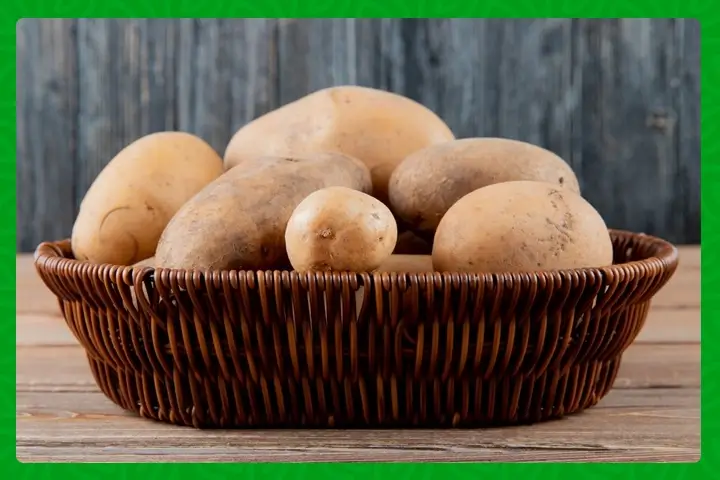
In the relentless battle for agricultural sustainability amidst the ever-looming specter of climate change, South Africa finds itself confronting a new adversary – the insidious Pepper ringspot virus (PepRSV). As this virulent pathogen threatens to disrupt potato production, jeopardizing food security and livelihoods, the imperative for innovative solutions has never been more pressing.
Originating from Brazil, South America, PepRSV has made an alarming incursion into South Africa’s agricultural heartlands, heralding a new era of uncertainty for farmers and communities reliant on potato cultivation. Detected in a commercial potato planting in Polokwane, Capricorn District Municipality, and Limpopo Province, this unwelcome visitor poses a formidable challenge to the nation’s agricultural resilience.
Traditionally, potato growers in Africa have relied on tubers harvested from the soil as seed stock, unwittingly facilitating the spread of soil-borne diseases like PepRSV. However, amidst this crisis, a beacon of hope emerges in the form of hybrid potato breeding technology – a transformative solution poised to revolutionize the agricultural landscape.
Charles Miller, Director of Strategic Alliances and Development at Solynta, a Dutch-based potato breeding technology company, underscores the pivotal role of Hybrid True Potato Seeds (HTPS) in mitigating the PepRSV threat. By bypassing soil-borne transmission, HTPS offer a paradigm shift in disease resistance, empowering growers to safeguard their crops against relentless pathogenic assaults.
The efficacy of HTPS lies in their capacity to provide clean starting materials, free from the shackles of soil-borne pathogens. This clean slate not only fortifies crops against disease but also ensures the preservation of produce quality, thereby mitigating economic losses and fostering agricultural sustainability.
Moreover, PepRSV’s indiscriminate attack extends beyond potatoes, posing a significant risk to other Solanaceae family members, including tomatoes, capsicums, and eggplants. As such, collaborative efforts among governments, agricultural stakeholders, and trading blocs are imperative to combatting this pervasive threat.
Kassim Owino, a seasoned seed expert and agronomist, echoes the urgency for collective action, emphasizing the need for coordinated disease management practices and information sharing. Through unified strategies and standardized protocols, the spread of PepRSV can be curtailed, safeguarding agricultural productivity and livelihoods across the continent.
The symptoms of PepRSV, ranging from ring-shaped spots on tubers to leaf yellowing, underscore the stealthy nature of this viral antagonist. However, with proactive measures and collaborative initiatives, the resilience of South Africa’s agricultural sector can be fortified against this formidable foe.
In conclusion, as South Africa confronts the PepRSV menace, the adoption of hybrid potato breeding technology emerges as a beacon of hope, offering a potent defense against soil-borne diseases. Through concerted efforts and unwavering commitment, nations can forge a path towards agricultural resilience, ensuring the sustenance of food security and prosperity for generations to come.
Original article written by Zablon Oyugi
Stay updated with the latest farming tips and agriculture industry news from Africa by subscribing to our newsletter. Don’t miss out on valuable insights and updates. Follow us on Twitter, LinkedIn, and Facebook to join our farming community and stay connected with us.



















